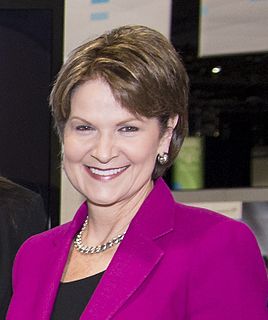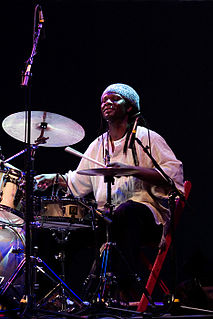A Quote by Adena Friedman
Listen to clients, employees, and peers and stay open to their ideas, feedback, and answers. Doing so is vital to the success of any leader.
Related Quotes
In times of uncertainty, employees crave clarity. As a leader, you won't always have all of the answers - no one expects you to - so you must be open to listening and learning from others. Once you understand a particular challenge and outline the options, you have to be confident in making bold and optimistic decisions.
There is no quicker way to earn respect as a leader than being slow to speak. It is called listening and it plays a big role in what I call “The Law of Connection.” How will you know what is important to people unless you ask and listen to the answers? If you prove to be a leader who solicits feedback and pays attention to what’s being said, then you will earn your connection and your followers will respect the guidance you give.
When I play with people, one of the first rules is to listen. Just by the near fact that you listen and you're open to listening, or you're listening and you're open to what this other person is doing. Also you going to be open to what you're doing and you're not going to have it like 'planned out'.
There's nothing like getting feedback that's positive and supportive. That's what I'm all about. I'm really just genuinely doing good music. I'm not looking to be on the cover of magazines and I'm not in it for the fame. I'm not in it for selling or the biggest Pop song in the world. I have to go for critically acclaimed. I'd rather go for my peers that I look up to say "I listen to her record." I'd rather do a small little touring venue that has two people who support me as opposed to thousands of people. I mean if it happens, it happens but I'm doing it for me.
Leaders cannot work in a vacuum. They may take on larger, seemingly more important roles in an organization, but this does not exclude them from asking for and using feedback. In fact, a leader arguably needs feedback more so than anyone else. It's what helps a leader respond appropriately to events in pursuit of successful outcomes.



































